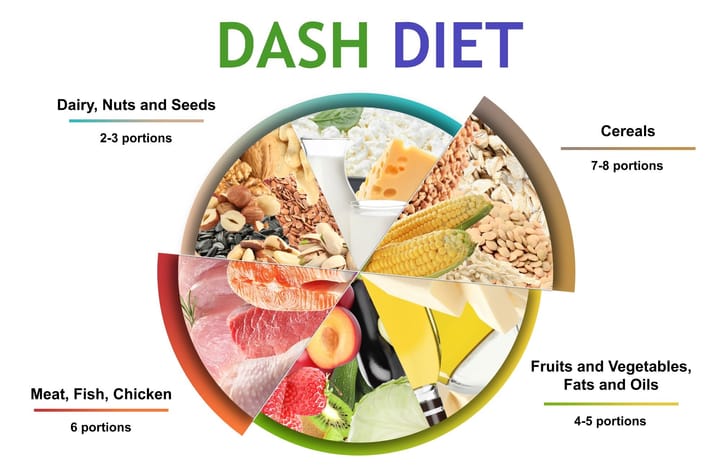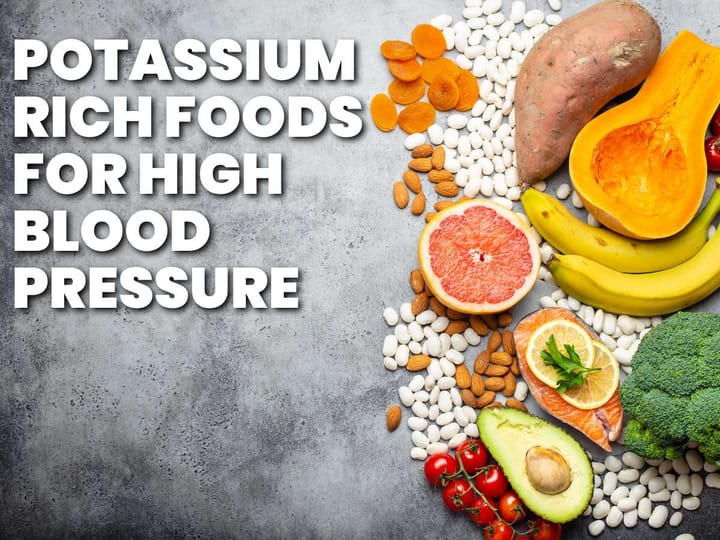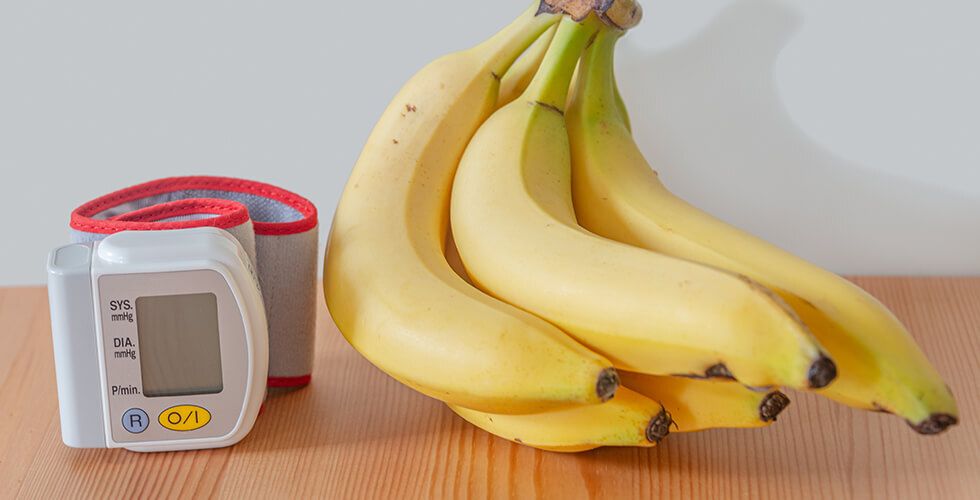Onion Seed Extract - A Natural Approach to Combatting Insulin Resistance?

As the prevalence of type 2 diabetes continues to rise globally, researchers are fervently searching for effective strategies to manage this complex metabolic disorder. While lifestyle interventions and pharmaceutical drugs play a crucial role, the exploration of natural remedies for their potential benefits in managing blood sugar levels is gaining traction. Among these, onion seed, often regarded as a culinary staple, has garnered attention for its potential anti-diabetic properties.
A Closer Look at Onion Seed and its Bioactive Compounds
Onion seed, scientifically known as Allium cepa, belongs to the same family as garlic and chives. These tiny black seeds, with their pungent aroma and slightly bitter taste, have been used for centuries in traditional medicine systems for their therapeutic benefits. Recent scientific investigations have shed light on the presence of bioactive compounds within onion seeds, including flavonoids, phenolic acids, and sulfur-containing compounds, which are believed to contribute to their potential health-promoting effects.
Unveiling the Link Between Onion Seed and Insulin Resistance
Insulin resistance, a hallmark of type 2 diabetes, occurs when the body's cells fail to respond effectively to insulin, the hormone responsible for regulating blood sugar levels. This leads to elevated blood glucose, increasing the risk of various complications. Research suggests that onion seed extract may play a role in ameliorating insulin resistance through several mechanisms:
1. Enhanced Insulin Sensitivity:
Studies have shown that onion seed extract may improve insulin sensitivity, enabling cells to utilize glucose more effectively. This effect is attributed to the presence of compounds like quercetin, a potent antioxidant found abundantly in onion seeds.
2. Reduced Inflammation:
Chronic inflammation is a key contributor to insulin resistance. Onion seed extract possesses anti-inflammatory properties, attributed to its sulfur-containing compounds, which may help reduce inflammation and improve insulin sensitivity.
3. Improved Beta-Cell Function:
Beta cells in the pancreas are responsible for producing insulin. Research suggests that onion seed extract may protect these cells from damage, thereby promoting insulin production and improving blood sugar control.
Delving into the Evidence: Promising Findings from Recent Studies
A 2023 study published in the journal "Phytotherapy Research" investigated the effects of onion seed extract on insulin resistance in individuals with type 2 diabetes. The randomized controlled trial revealed that participants who received onion seed extract supplements for eight weeks experienced a significant reduction in fasting blood glucose levels and improved insulin sensitivity compared to those who received a placebo.
Another study published in the "Journal of Ethnopharmacology" in 2022 explored the impact of onion seed extract on insulin resistance in rats fed a high-fat diet. The findings demonstrated that onion seed extract effectively lowered blood glucose levels, improved insulin sensitivity, and reduced markers of oxidative stress in the rats.
Interpreting the Findings: A Note of Caution
While these preliminary findings offer a glimmer of hope, it is essential to approach them with cautious optimism. Further research, particularly large-scale human clinical trials, is warranted to validate these findings, determine optimal dosages, and assess the long-term safety and efficacy of onion seed extract for managing insulin resistance and type 2 diabetes.
Concluding Thoughts: Exploring the Potential of Onion Seed
The exploration of natural remedies like onion seed extract holds promise in the pursuit of effective strategies for managing insulin resistance and type 2 diabetes. The initial research findings, while encouraging, necessitate further investigation. If you are considering incorporating onion seed extract into your diet or health regimen, consulting with a healthcare professional is crucial. They can provide personalized advice based on your individual health status and potential interactions with medications. As research progresses, we can anticipate a more comprehensive understanding of the role of onion seed in promoting metabolic health.
















Comments ()